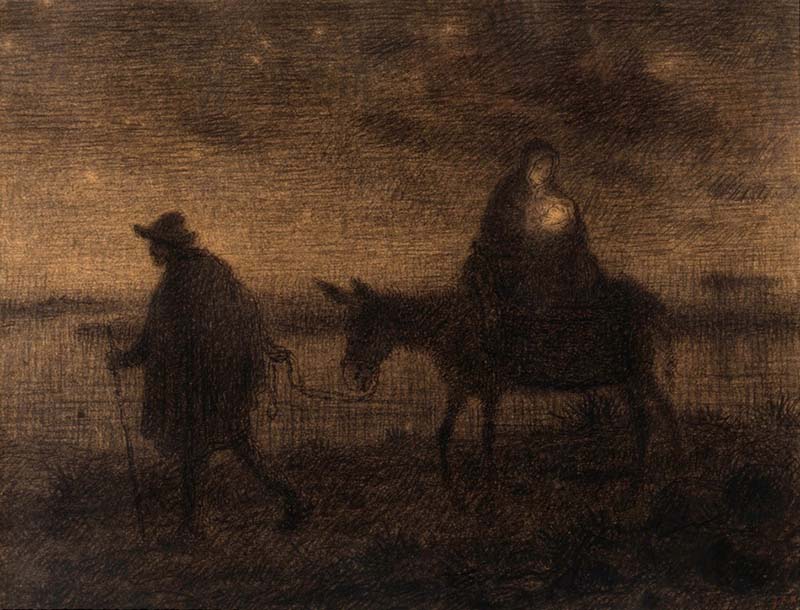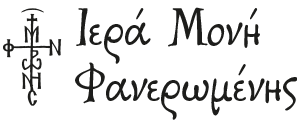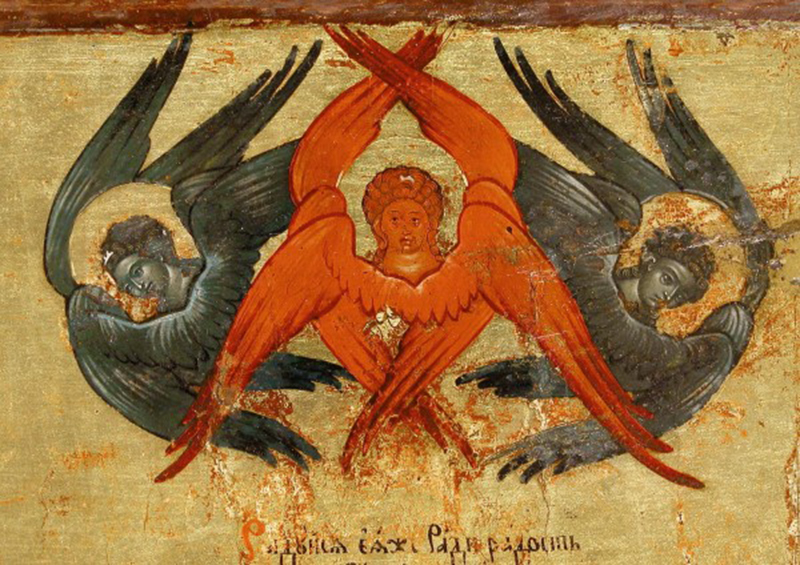
The Road and the Homeland
And, because life is movement and a journey, both its pleasant and sorrowful moments pass. The travellers feel sorrow when they pass through steep gorges, or delight as they pass through idyllic meadows, but they don’t feel too much of either because they are in a haste to get home. Therefore, Saint John Chrysostom recommends against being dazzled by the pleasant things of this life or overwhelmed by the sorrowful, for all is fleeting on the journey. Even if it is narrow, it is still a road. The same saint felt the journey of exile to his very core—here and there, hundreds of miles of harsh trekking and abuse in the storm and heat—but for him, even the patriarchal throne was a path, not a homeland.
However, there is a danger of mistaking the road with the homeland. Because we tend to regard the present and the instantly tangible as the only reality. If my entire existence is defined by my possessions, my family, my career, the small joys and achievements, my aspirations and dreams, and any accomplishment or victory, then I have identified a point on the road with my homeland. If my ultimate destination is power, whether individual or collective, and my daily concern is worldly power and hegemonies, then I have misidentified the road with my homeland, leaving myself immobilised and trapped in a specific kilometre of the national or provincial road, unforgivably myopic. The situation becomes even worse when the current and immediate observable elements are not part of physical reality, but rather a fictitious paradise or immersion in virtual reality.
Let us recall a strange incident in Christ’s life, in which He refuses to respond to two brothers who request that He serve as an arbitrator in the partition of their father’s estate. Instead, he narrates the parable of the foolish rich man, who, trapped in space and time, believes he will always have, accumulate, eat, and drink because he considers his current pleasure to be immortality, filling a leaky jar in a daze. Until one night, the devil seizes his soul, while the bats or quarrelling heirs seize his warehouses. On the path ahead of us, you only have what you give.
Christ is not established anywhere; He becomes a stranger, a beggar, and a ‘vagabond,’ writes John Chrysostom, to teach us that no ‘institution’ of the present is eternal, that His kingdom is neither of this world nor imposed on this world with worldly weapons, even though a contemporary militant version of Orthodoxy rests on worldly theocracies and blesses mass killings in the name of the ‘good’.
However, this sense of the road, which points towards the sole true homeland and discourages attachment to any geographical or temporal point, does not negate the present. On the contrary, it is light to perceive and utilise the present in its true dimensions. First of all, it is light to recognise our own lack of discernment. ‘Don’t tie your shoes in vain as if you were planting plane trees,’ says a modern Greek poet, Nikos Gatsos. Don’t think your new venture will last forever. Therefore, avoid excessive anxiety, despair, or enthusiasm regarding things of ephemeral nature. What exactly does someone need on the road? Food, blankets, and genuine affection.
However, in the illusions of artificial lights, in the reassuring festivals, or the soaring words devoid of any relevance to God incarnate, we will never confront our wounds. Instead of prosperity, we will accumulate pain and the stench of death, just like now!
Archimandrite Chrysostom,
Abbot of the Holy Monastery of Faneromeni, Naxos

